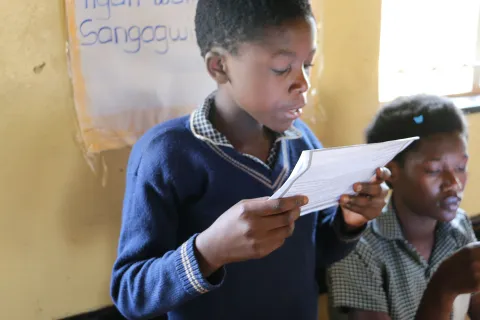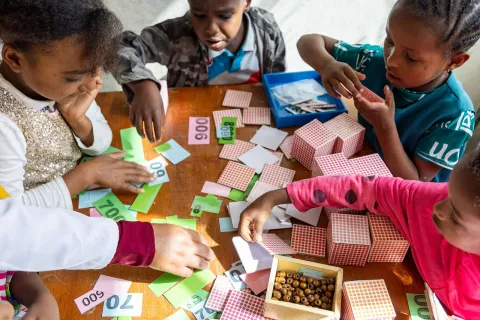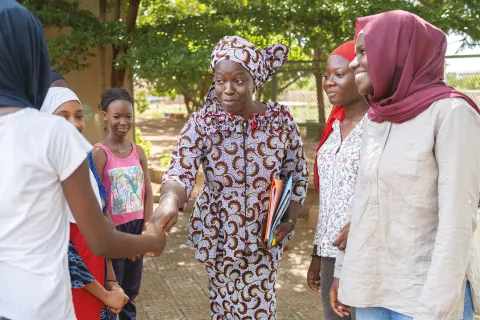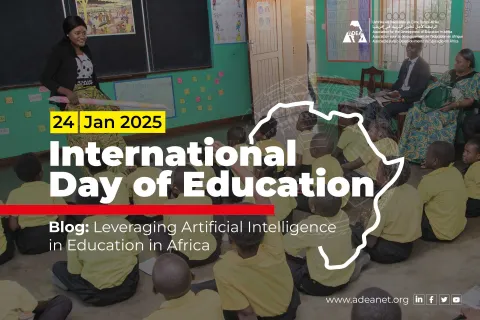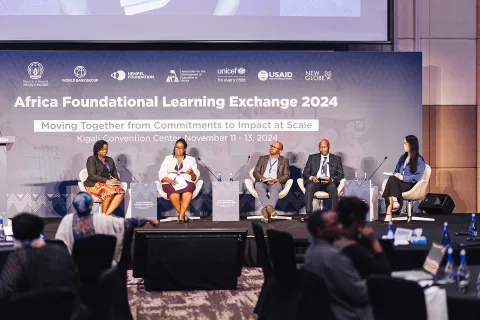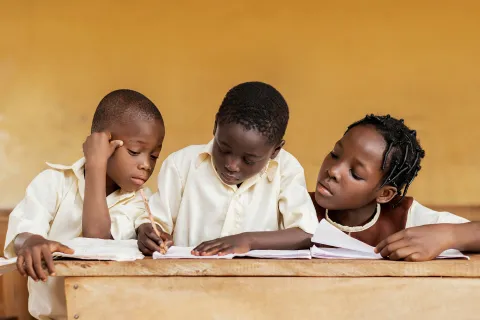Blogs
Subscription
Stay informed with our latest news, blogs, publications, podcasts, events, job offers, etc!
Contact
Association for the Development of Education in Africa (ADEA)
African Development Bank Group (AfDB)
Immeuble CCIA Plateau, Avenue Jean-Paul II, 01 BP 1387, Abidjan 01, Côte d’Ivoire
Tel.: (+225) 272026.3964
Email: adea@afdb.org
